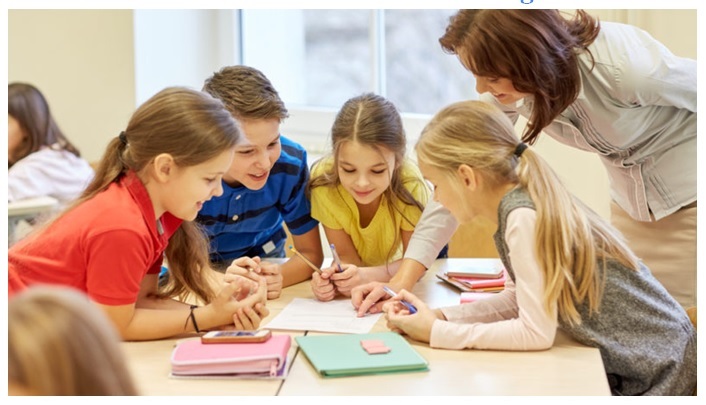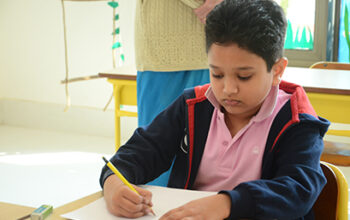In today’s fast-paced educational landscape, the focus often leans heavily on academic achievement and standardized testing. However, a revolutionary approach is quietly reshaping classrooms across the globe: Social Emotional Learning. But what exactly is SEL, and why should we care? As mental health challenges among students continue to rise, fostering emotional intelligence has become more than just an educational trend; it’s a necessity for cultivating resilient, well-rounded individuals. In this blog post, we’ll dive into how SEL not only enhances academic performance but also serves as a powerful tool in promoting student mental health and overall well-being. Join us as we explore the transformative impact of social emotional learning—because happy, healthy students are the key to a brighter future!
– Social Awareness
Social awareness is the ability to understand and empathize with others. It goes beyond simply recognizing feelings; it involves grasping social dynamics within different contexts. Students learn to appreciate diverse perspectives, fostering an inclusive environment.
This competency encourages individuals to engage positively with their peers. They become more attuned to societal issues and cultural differences, enhancing their interpersonal relationships.
Through group activities and discussions, students can practice these skills in real-time. They learn how actions impact those around them, cultivating a sense of responsibility toward their community.
By developing Social Emotional Learning, students not only improve their emotional intelligence but also contribute to a supportive school climate. This understanding lays the groundwork for collaboration and conflict resolution in various settings throughout life.
– Relationship Skills
Relationship skills are crucial for students as they navigate social interactions. These abilities help them communicate effectively with peers and adults alike.
Building strong relationships fosters a sense of belonging. When students feel connected, their mental health benefits significantly. Positive relationships can lead to increased confidence and reduced anxiety.
Developing relationship skills includes active listening, empathy, and conflict resolution. Students learn to understand different perspectives while expressing their own feelings constructively.
Additionally, these skills prepare students for future collaboration in the workplace or community settings. The ability to work well with others is invaluable in today’s interconnected world.
Encouraging students to practice relationship-building activities can enhance their social networks. As they engage with diverse individuals, they broaden their horizons and develop deeper emotional intelligence.
– Responsible Decision Making
Responsible decision making is a crucial component of Social Emotional Learning. It empowers students to evaluate choices based on ethical standards and personal values.
When young people develop this skill, they start considering the consequences of their actions. They learn to weigh benefits against potential risks. This thoughtful approach can lead to better outcomes in both academic and social situations.
Students practicing responsible decision making are more likely to engage in constructive conflict resolution. They can navigate peer pressure effectively, choosing paths that align with their long-term goals.
This competency also fosters resilience. When faced with setbacks, students who have honed this skill are equipped to reassess and adjust their decisions rather than giving up entirely.
Encouraging discussions around real-life scenarios helps cultivate these skills within the classroom setting. By creating a supportive environment, educators can guide students toward becoming mindful decision makers.
Conclusion: Encouraging the Integration of SEL in Education for Improved Student Mental Health and Well-being
The integration of Social Emotional Learning into educational settings can profoundly shape the mental health and overall well-being of students. By fostering essential skills like self-awareness, self-management, social awareness, relationship building, and responsible decision-making, schools create a nurturing environment that promotes emotional intelligence.








